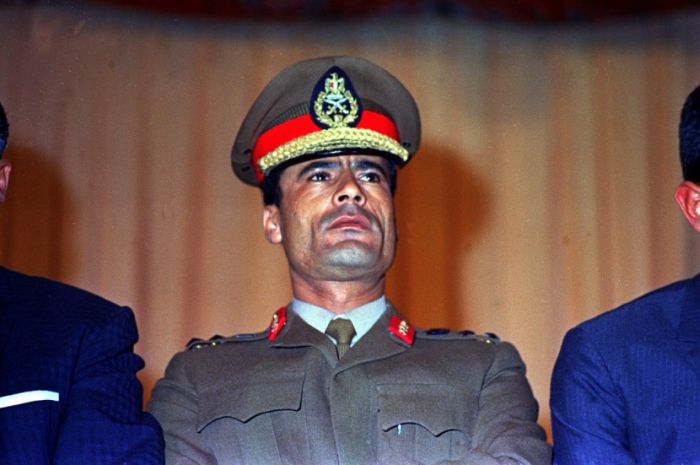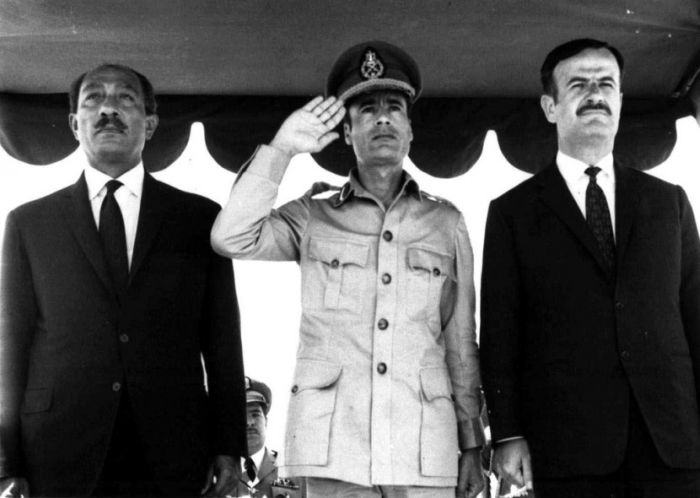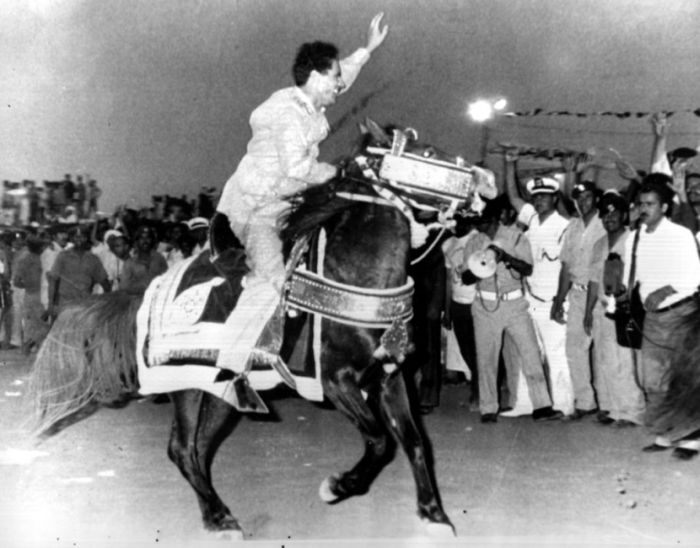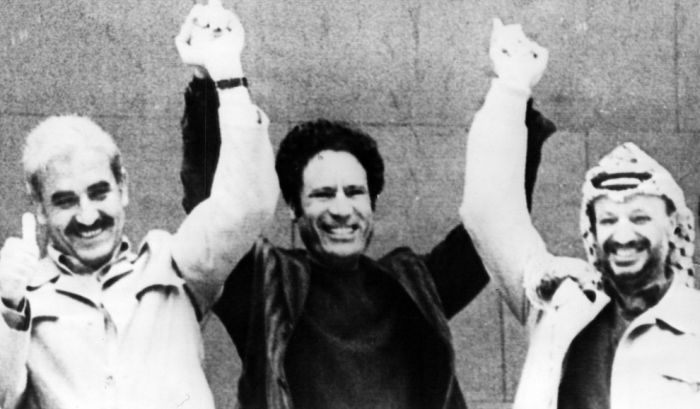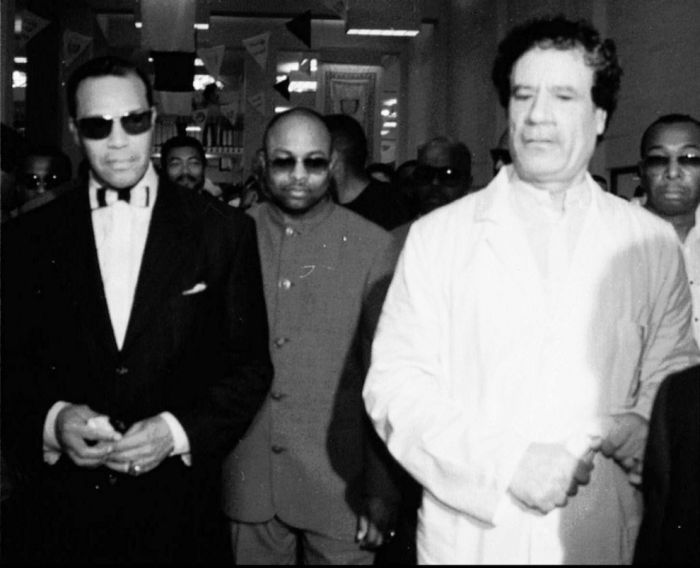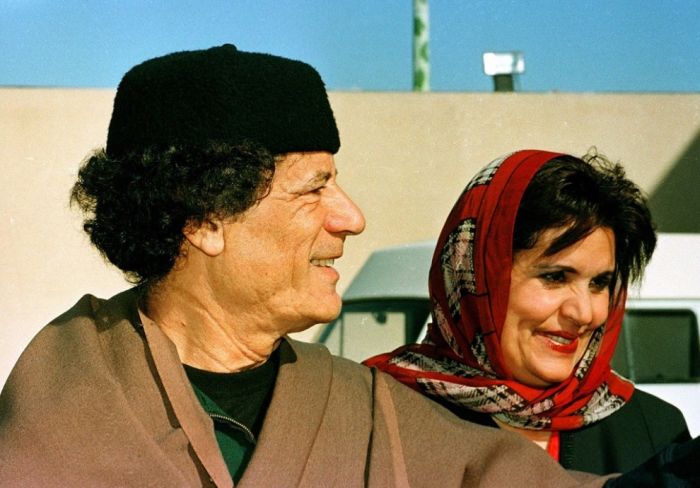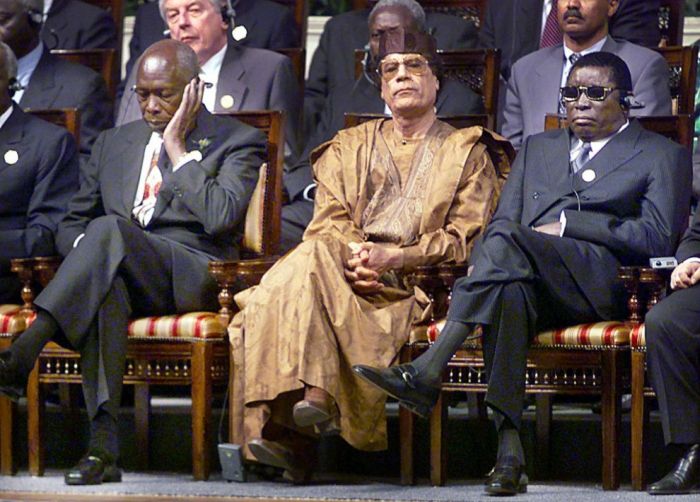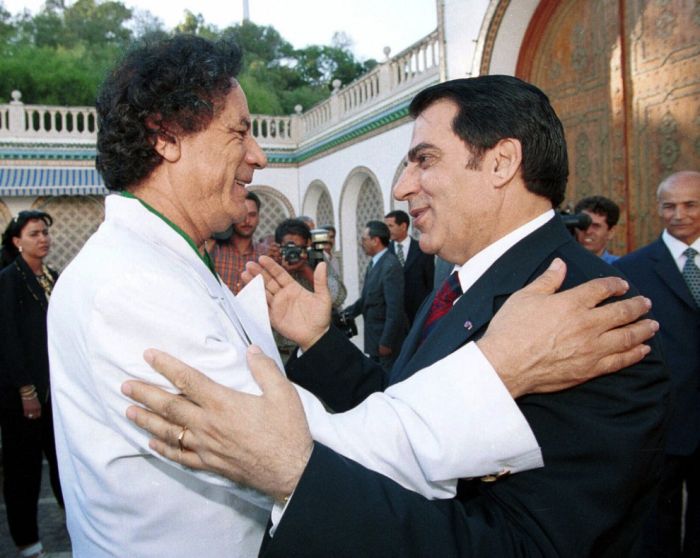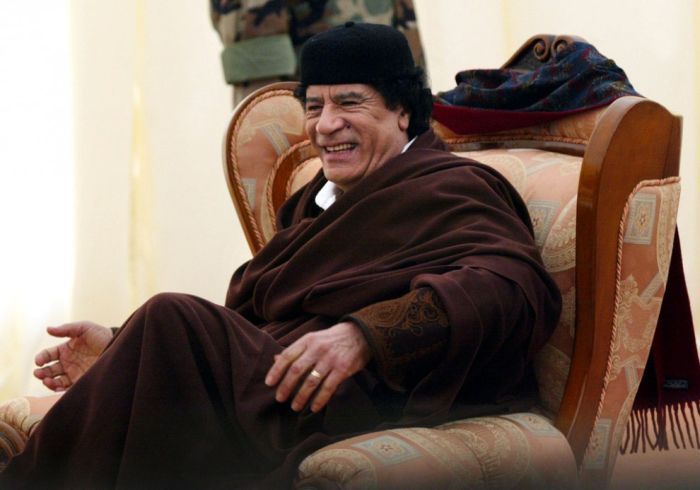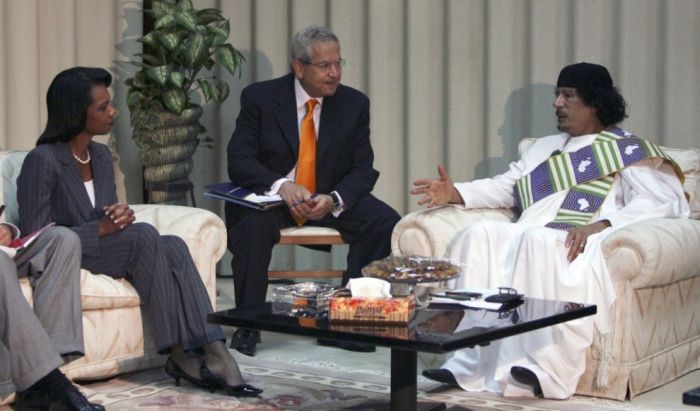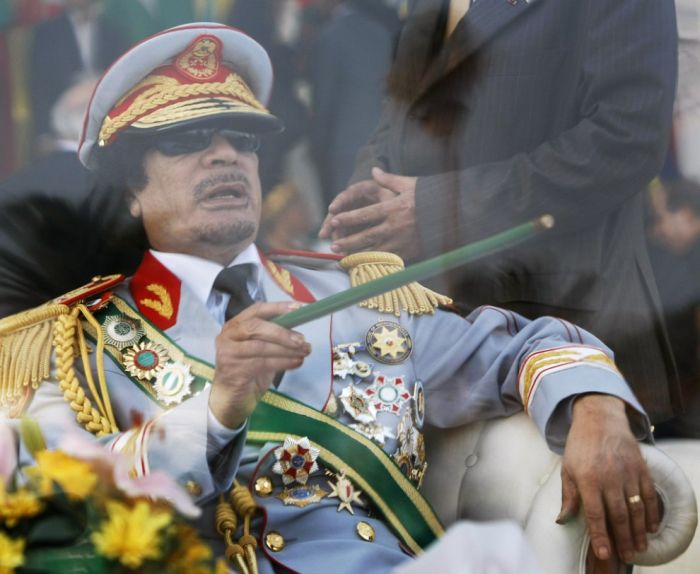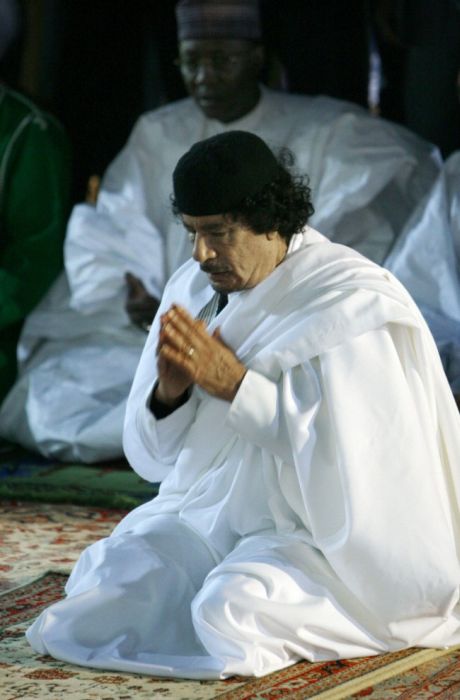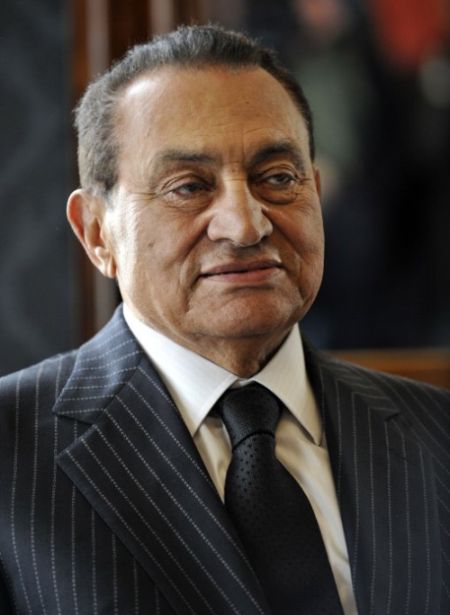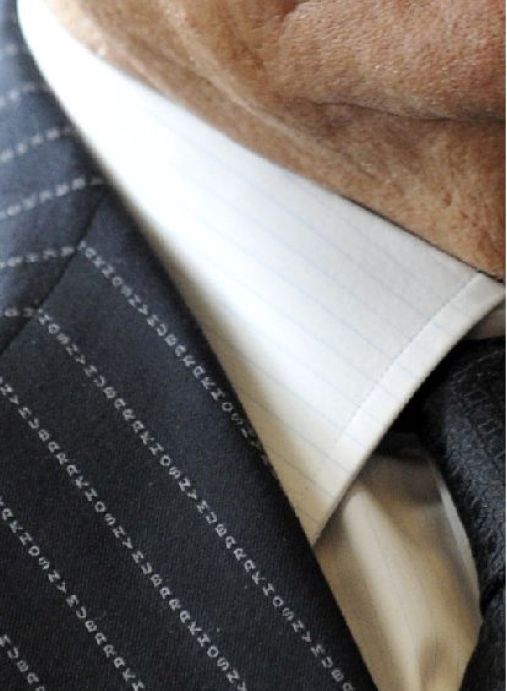by Greg Loren Durand
How Lincoln Was Viewed By His Contemporaries
- The real Lincoln will probably never be known, for his picture is now so completely encrusted with a patina of stained glass fictions and apocryphal rubbish that nobody knows where truth ends and myth begins.
- His canonization as an American saint and hero took place after his death. While he was alive nobody of importance whom I have been able to discover, except James Russell Lowell and a few abolitionists, considered him a really great man. The intellectual class looked upon him as an unfortunate choice that had to be endured. (1)
- His canonization as an American saint and hero took place after his death. While he was alive nobody of importance whom I have been able to discover, except James Russell Lowell and a few abolitionists, considered him a really great man. The intellectual class looked upon him as an unfortunate choice that had to be endured. (1)
The cult of Lincoln was founded on 15 April 1865 when a single bullet altered what otherwise would have been his rightful place alongside history's bloodiest rulers. Up until the time of his death, Lincoln was denounced by nearly everyone in Washington, including the men of his own party and the members of his own Cabinet, as "a more unlimited despot than the world knows this side of China," (3) "a despicable tyrant," (4) "that original gorilla," (5) and "a low, cunning clown." (6) He was ridiculed for his "halting imbecility," (7) and his Administration was criticized for its "feebleness, faithlessness and incapacity," (8) for being "an insult to the flag, and a traitor to their God," (9) and for "dragging the Union to ruin." (10) Of "Ol' Honest Abe" it was asserted that "a hound might hunt Mr. Lincoln, and never find him by an honest scent." (11) Wendell Phillips, a leading Republican Abolitionist, viewed Lincoln as "a mere convenience [who was] waiting, like any other broomstick, to be used." (12)
In an editorial entitled "Lincoln and Johnson," the editors of the New York World wrote in 1864:
- The age of rail splitters and tailors, of buffoons, boors and fanatics has succeeded. Mr. Lincoln and Mr. Johnson are both men of mediocre talent, neglected education, narrow views, deficient information and of course, vulgar manners. A statesman is supposed to be a man of some depth of thought and extent of knowledge. Has this country with so proud a record been reduced to such intellectual poverty as to be forced to present two such names as Abraham Lincoln and Andrew Johnson for the highest stations in this most trying crisis of its history? It is a cruel mockery and bitter humiliation. Such nominations at this juncture are an insult to the common sense of the people. (13)
These denunciations ceased with Lincoln's last breath when the real Lincoln suddenly vanished from the public record to be replaced by a figure resembling the mythical gods of pagan Rome more than a man. The editors of the Saint Louis Globe-Democrat stated, "One thing is certain, Lincoln was apotheosized after his death. Had he lived 4000 years ago his name would now be enrolled among the gods of Greece and Rome." (14) In the words of Charles L.C. Minor, "The Real Lincoln was a very different man, in his private and in his public life, from what the world's verdict has pronounced him to be." (15) Ward H. Lamon, who was one of Lincoln's closest friends during his stay in the White House, stated:
- The ceremony of Mr. Lincoln's apotheosis was planned and executed by men who were unfriendly to him while he lived. The deification took place with showy magnificence; men who had exhausted the resources of their skill and ingenuity in venomous detractions of the living Lincoln were the first, after his death, to undertake the task of guarding his memory, not as a human being, but as a god.
- There was the fiercest rivalry as to who should canonize Mr. Lincoln in the most solemn words; who should compare him to the most sacred character in all history. He was prophet, priest and king, he was Washington, he was Moses, he was likened to Christ the Redeemer, he was likened to God. After that came the ceremony of apotheosis.
- For days and nights after the President's death it was considered treason to be seen in public with a smile on your face. Men who ventured to doubt the ineffable purity and saintliness of Lincoln's character, were pursued by mobs of men, beaten to death with paving stones, or strung up by the neck to lamp posts until dead. (16)
- There was the fiercest rivalry as to who should canonize Mr. Lincoln in the most solemn words; who should compare him to the most sacred character in all history. He was prophet, priest and king, he was Washington, he was Moses, he was likened to Christ the Redeemer, he was likened to God. After that came the ceremony of apotheosis.
- Lincoln unequaled since Washington in service to the Nation. Mr. Lincoln will always be remembered as eminently a Christian President. Conscience, not popular applause, not love of power, was the ruling motive of Lincoln's life. No stimulant ever entered his mouth, no profanity ever came from his lips.
- Abraham Lincoln was the first of all men who have walked the earth since the Nazarene. (17)
- Abraham Lincoln was the first of all men who have walked the earth since the Nazarene. (17)
- You lowly cabin which is to be dedicated on the morrow may well be likened to the Manger of Bethlehem, the boy that went thence to a God-like destiny, to the Son of God, the Father Almighty of Him and us all. Whence his prompting except from God? His tragic death may be likened also to that other martyr whom Lincoln so closely resembled.
- There are utterances of his which read like rescripts from the Sermon on the Mount. Reviled as Him of Galilee, slain, even as Him of Galilee, yet as gentle and as unoffending a man who died for men. (19)
- There are utterances of his which read like rescripts from the Sermon on the Mount. Reviled as Him of Galilee, slain, even as Him of Galilee, yet as gentle and as unoffending a man who died for men. (19)
- Despite his Christian upbringing, Lincoln did not accept Christ as his Savior until later in life. While he governed the nation by many of the principles written in God's Word, he lacked a personal relationship with Jesus Christ. After the death of his son, Willie, Lincoln heard for the first time of Christ's personal love and forgiveness for each man and woman.
- He wrote: "When I left Springfield, I asked the people to pray for me; I was not a Christian. When I buried my son the severest trial of my life I was not a Christian. But when I went to Gettysburg, and saw the graves of thousands of our soldiers, I then and there consecrated myself to Christ."
- Finally, Lincoln had found the inner peace he longed for all his life. Following his salvation experience, he worshiped regularly at the New York Avenue Presbyterian Church and planned to make a public confession of his faith. The war was winding down. Lee surrendered to Grant on April 9 Palm Sunday, and Lincoln was re-elected President. He gave thanks to God for bringing a close to the war and began turning the nation's interest toward reconciliation and reconstruction. However, five days later on Good Friday, he was shot by an assassin's bullet.
- Throughout his life, Lincoln suffered many defeats enough to make most men give up. But not Abraham Lincoln. His dedication and commitment found merit in heaven. He believed he was chosen "for such a time as this." (22)
- He wrote: "When I left Springfield, I asked the people to pray for me; I was not a Christian. When I buried my son the severest trial of my life I was not a Christian. But when I went to Gettysburg, and saw the graves of thousands of our soldiers, I then and there consecrated myself to Christ."
Was Lincoln indeed a Christian? Is it true that he accepted Jesus Christ as Savior, even if only in the last days of his life? To answer these questions, we must not turn to the tall tales that were concocted following Lincoln's death by ambitious Republican radicals and later permanently etched in the historical record by endless repetition, but to the testimonies of those who knew him personally, both before and during his tenure as President of the United States. In the suppressed biography entitled The Life of Lincoln, by William H. Herndon, who was "for Twenty Years His Friend and Partner," we find the following description of the sixteenth President:
- Lincoln was a deep-grounded infidel. He disliked and despised churches. He never entered a church except to scoff and ridicule. On coming from a church he would mimic the preacher. Before running for any office he wrote a book against Christianity and the Bible. He showed it to some friends and read extracts. A man named Hill was greatly shocked and urged Lincoln not to publish it. Urged it would kill him politically. Hill got this book in his hands, opened the stove door, and it went up in flames and ashes. After that, Lincoln became more discreet, and when running for office often used words and phrases to make it appear that he was a Christian. He never changed on this subject. He lived and died a deep-grounded infidel. (23)
- In New Salem Mr. Lincoln lived with a class of men, moved with them, and had his being with them. They were scoffers at religion, made loud protests against the followers of Christianity. They declared that Jesus was an illegitimate child. On all occasions that offered they debated on the various forms of Christianity. They ridiculed old divines, and not infrequently made those very divines skeptics by their logic; made them disbelievers as bad as themselves. In 1835 Lincoln wrote a book on infidelity and intended to have it published. The book was an attack on the idea that Jesus was Christ. Lincoln read the book to his friend Hill. Hill tried to persuade him not to publish it. Lincoln said it should be published. Hill, believing that if the book was published it would kill Lincoln forever as a politician, seized it and thrust it in the stove. It went up in smoke and ashes before Lincoln could get it out. When Mr. Lincoln was candidate for the Legislature he was accused of being an infidel, and of having said that Jesus was an illegitimate child. He never denied it, never flinched from his views on religion. In 1854 he made me erase the name of God from a speech I was about to make. He did this to one of his friends in Washington City. In the year 1847 Mr. Lincoln ran for Congress against the Rev. Peter Cartwright. He was accused of being an infidel; he never denied it. He knew it could and would be proved on him. I know when he left Springfield for Washington he had undergone no change in his opinion on religion. He held many of the Christian ideas in abhorrence. He held that God could not forgive sinners. The idea that Mr. Lincoln carried a Bible in his bosom or in his boots to draw on his opponents is ridiculous. (24)
- When Lincoln went to church, he went to mock and came away to mimic. When he went to New Salem he consorted with free thinkers [atheists] and joined with them in deriding the gospel story of Jesus. He wrote a labored book on this subject, which his friend Hill put in the stove and burned up. Not until after Mr. Lincoln's death were these facts denied [by the Republicans]....
- At an early age Abe began to attend the preachings around about, but mostly at the Pigeon Creek Church, with a view to catching anything that might be ludicrous in the preaching, in the manner or matter, and making it a subject of mimicry as soon as he could collect a crowd of idle boys and men to hear him. He frequently reproduced a sermon with a nasal twang, rolling his eyes, and all sorts of droll aggravations, to the great delight of the wild fellows assembled. Sometimes he broke out with stories passably humorous and invariably vulgar. (27)
- At an early age Abe began to attend the preachings around about, but mostly at the Pigeon Creek Church, with a view to catching anything that might be ludicrous in the preaching, in the manner or matter, and making it a subject of mimicry as soon as he could collect a crowd of idle boys and men to hear him. He frequently reproduced a sermon with a nasal twang, rolling his eyes, and all sorts of droll aggravations, to the great delight of the wild fellows assembled. Sometimes he broke out with stories passably humorous and invariably vulgar. (27)
A Lover of Vulgar Stories
It is beyond comprehension how a professing Christian, such as Lincoln is said to have been, would have engaged in the vulgar manner of behavior that he did. According to William Herndon, "Lincoln could never realize the impropriety of telling vulgar yarns in the presence of a minister of the gospel," and "Lincoln's highest delight was to get a rowdy crowd in groceries or on street corners and retell vulgar yarns too coarse to put in print." (32) A.Y. Ellis, who was a friend of Lincoln's, said, "On electioneering trips Mr. Lincoln told stories which drew the boys after him. I remember them, but modesty forbids me to repeat them." (33) Ward Lamon likewise stated, "His humor was not of a delicate quality; it was chiefly exercised in telling and hearing stories of the grossest sort. Mr. Lincoln's habit of relating vulgar yarns (not one of which will bear printing) was restrained by no presence and no occasion." (34) In a rare moment of honesty, Lincoln-admirer J.G. Holland wrote:
- It is useless for Mr. Lincoln's biographers to ignore this habit; the whole West, if not the whole country, is full of these stories, and there is no doubt at all that he indulged in them with the same freedom that he did in those of a less objectionable character.... Men who knew him throughout all his professional and political life... have said that "he was the foulest in his jests and stories of any man in the country." (35)
- We see that many papers are referring to the fact that Lincoln ordered a comic song to be sung upon the battlefield. We have known the facts of the transaction for some time, but have refrained from speaking about them. As the newspapers are stating some of the facts, we will give the whole. Soon after one of the most desperate and sanguinary battles, Mr. Lincoln visited the Commanding General [George McClellan], who, with his staff, took him over the field, and explained to him the plan of the battle, and the particular places where the battle was most fierce. At one point the Commanding General said: "Here on this side of the road five hundred of our brave fellows were killed, and just on the other side of the road four hundred and fifty more were killed, and right on the other side of that well five hundred rebels were destroyed. We have buried them where they fell." "I declare," said the President, "this is getting gloomy; let us drive away." After driving a few rods the President said: "Jack," speaking to his companion [Ward Lamon], "can't you give us something to cheer us up? Give us a song, and a lively one." Whereupon, Jack struck up, as loud as he could bawl, a comic negro song, which he continued to sing while they were riding off from the battle ground, and until they approached a regiment drawn up, when the Commanding General said: "Would it not be well for your friend to cease his song till we pass this regiment? The poor fellows have lost more than half their number. They are feeling very badly, and I should be afraid of the effect it would have on them." The President asked his friend to stop singing until they passed the regiment.
- When this story was told to us we said: "It is incredible, it is impossible, that any man could act so over the fresh-made graves of the heroic dead." But the story is told on such authority we know it to be true. We tell the story now that the people may have some idea of the man elected to be President of the United States. (36)
- When this story was told to us we said: "It is incredible, it is impossible, that any man could act so over the fresh-made graves of the heroic dead." But the story is told on such authority we know it to be true. We tell the story now that the people may have some idea of the man elected to be President of the United States. (36)
Opposed By Springfield's Christian Leaders
It is noteworthy that during Lincoln's campaign for the Presidency, twenty out of the twenty-three Christian ministers in his home town of Springfield, Illinois, opposed him because "in religious views" he was "an open and avowed Infidel." (39) The closest that Lincoln ever came to a denial of this consensus was in the handbill that was circulated during his campaign for re-election in 1864:
- TO THE VOTERS OF THE SEVENTH CONGRESSIONAL DISTRICT:
- FELLOW CITIZENS:
- A charge having got into circulation in some of the neighborhoods of this district in substance that I am an open scoffer at Christianity. I have by the advice of some friends concluded to notice the subject in this form. That I am not a member of any Christian church is true; but I have never denied the truth of the Scripture; and I have never spoken with intentional disrespect of religion in general, or of any denomination, of Christians in particular. It is true that in early life I was inclined to believe in what I understand is called the "Doctrine of Necessity," that is, that the human mind is impelled to action or held in rest by some power, over which the mind itself has no control; and I have sometimes (with one, two, or three, but never publicly) tried to maintain this opinion in argument. The habit of arguing thus, however, I have entirely left off for more than five years; and I add here I have always understood this same opinion to be held by several of the Christian denominations. The foregoing is the whole truth, briefly stated in relation to myself on this subject. (40)
- FELLOW CITIZENS:
Furthermore, Lincoln did not directly lie when he claimed that he had never spoken with disrespect for "any denomination, of Christians in particular." As seen in the above testimonies of his closest friends and associates, his disdain was voiced for Christianity in general, rather than for denominations "in particular." Finally, Lincoln's claim that his "Doctrine of Necessity" was "held by several of the Christian denominations" was an outright lie. This doctrine, in which events are predetermined by "some power over which the mind has no control," was nothing more than a pagan fatalism upon which Lincoln could rely to relieve himself of the responsibility for the deaths of 600,000 American men and the destruction of the Union and its Constitution which he had been sworn to uphold and defend. After all, reasoned Lincoln, "What is to be will be and no prayers of ours can arrest the decree." (42) This was not the predestination taught in the Bible and held by the Presbyterian and Reformed churches, but was the doctrine espoused by the apostate Abolitionists at the helm of Lincoln's Republican party, who merely used religious rhetoric to conceal their true character from their deceived constituents. It was only later, in his second Inaugural Address, that Lincoln attempted to pin the blame for the horrific carnage which he had caused on the righteous Judge of men, for which blasphemy he was not long thereafter summoned before the Heavenly Bench to give an account.
It is a travesty indeed that Abraham Lincoln, the infidel, is mythologized by so many today as "Abraham Lincoln, the Christian." As this book was written to prove, the sixteenth U.S. President was no friend to the Union he professed to save, no friend to the slaves he professed to emancipate, and no friend to his "fellow countrymen" for whom he professed no malice. It is time for History to execute her long overdue sentence of infamy against the tyrant who, with the wave of his executive scepter, nearly single-handedly destroyed the remnants of a centuries-old social and law order and plunged America into the dark abyss of pagan despotism from which we have yet to recover.
We shall conclude here with the following comparison by Henry Clay Dean of the American "Caesar" of the Nineteenth Century to his ancient Roman counterpart in the First Century:
- There was a singular resemblance between Claudius Nero, and Abraham Lincoln.
- In early life, Nero was remarkable for his jovial habit of illustration.
- Lincoln's whole field of logic, illustration, ridicule and satire, was anecdote and stories.
- Nero proposed many reforms under Seneca and Burrhus, and grew in popularity among the people, until he was accounted a god.
- Lincoln commenced his administration as a benevolent reformer, under the auspices of all the reformers of the country.
- Nero's subjects rebelled against his usurpation. Lincoln's subjects anticipated his usurpation. Such rulers always create rebellions and excite resistance.
- Nero played the drama of the destruction of Troy, during the seven days' burning of Rome.
- Lincoln attended balls and engaged in festivities during the five years' conflagration of the country, and the wanton, bloody slaughter of his countrymen; and had vile songs sung among his dying armies.
- Nero rebuilt Rome at his own expense, by extortion and robbery, and the tyrant was liberal to the sufferers. In this Nero excelled Lincoln, who repaired no damages of burning cities.
- Nero threw prisoners to wild beasts; Lincoln kept prisoners confined in cold prisons, where their limbs were frozen; in filthy prisons where they were eaten up with vermin; starved them until they died of scurvy and other loathesome diseases, after months of terror, torture and cruelty.
- Nero put Christians to death under false pretenses, to gratify the worshippers of the Pantheon.
- Lincoln corrupted one part of the Church to engage in warfare with the other part, and burned twelve hundred houses of worship; mutilated grave-yards; and left whole cities, churches and all in ashes; dragged ministers from their knees in the very act of worship; tied them up by their thumbs; had their daughters stripped naked by negro soldiers, under the command of white officers.
- Suctonius, under Nero, butchered eighty thousand Britons, defended by Queen Boadicea. His officers flogged Boadicea and ravished her daughters; and lost thousands of Romans in the attempt to subdue the Britons, who were defending their homes, altars and grave-yards.
- Lincoln let loose Turchin to ravish the women of Athens, Alabama; Banks and Butler to rob New Orleans; Sheridan to burn up Virginia; Sherman to ravage the South with desolating fires; Payne and Burbridge to murder in Kentucky; Neil, Strachan and the vagabond thieves, to murder, rob and destroy Missouri, until one million of his murdered countrymen butchered each other by his command.
- Every department of Nero's government was signalized by licentiousness and debauchery, nameless and loathesome.
- Lincoln's court was the resort of debauchees; the Treasury Department was a harem; the public officers were one great unrestrained multitude who yielded to the coarsest appetites of nature, stimulated by strong drinks and inflamed by the indulgence of every other vice.
- In this did Nero, to his credit, differ from Lincoln. The generals of Nero respected the works of arts, the paintings, poems and manuscripts of the learned, and the discoveries of genius.
- Upon the other hand, Lincoln destroyed everything that indicated superior civilization. In one instance, a general officer of scientific pretension, arrayed his daughter in the stolen garments of the wife of C.C. Clay, an old Senator of Alabama. During the invasion of Huntsville, Mr. Clay's house was robbed of its jewelry, the heir-looms of three generations, taken against the tearful prayers of his black servant. The exquisitely beautiful statute of his dead babe, was ground to powder before his eyes. An appeal to Lincoln's men, that any object was of scientific value, only hastened its destruction; his wars were directed against civilization.
- Nero fled before the judgment of the Senate, and died by his own hand. Lincoln could not have survived his crimes, so unrelenting is the retributive justice of God. (43)
- In early life, Nero was remarkable for his jovial habit of illustration.
Endnotes
1. W.E. Woodward, Meet General Grant (New York: The Literary Guild of America, 1928), page 277.
2. St. Louis Globe-Democrat, 6 March 1898.
3. Wendell Phillips, quoted by Woodward, Meet General Grant, page 276.
4. New York World, 26 October 1864.
5. Edwin Stanton, quoted by George Edmonds, Facts and Falsehoods Concerning the War on the South (Memphis, Tennessee: A.R. Taylor and Company, 1904), page 18.
6. Stanton, quoted by Charles L.C. Minor, The Real Lincoln (Richmond, Virginia: Everett Waddey Company, [1904] 1928), page 42.
7. Editorial: "A Yearning for the Democratic Party," New York World, 15 April 1864.
8. Ibid., 2 June 1864.
9. Alfred R. Wooten, Attorney-General of Delaware, quoted by New York Tribune, 4 June 1863.
10. Wendell Phillips, quoted by ibid.
11. Wooten, quoted by ibid.
12. Phillips, speech delivered on 1 August 1862; quoted by Edmonds, Facts and Falsehoods, page 16.
13. Editorial: "Lincoln and Johnson," New York World, 9 June 1864.
14. The Globe-Democrat, quoted by Edmonds, Facts and Falsehoods, page 2.
15. Minor, Real Lincoln, page 1.
16. Ward H. Lamon, Life of Abraham Lincoln (Boston: James R. Osgood and Company, 1872); quoted by Edmonds, Facts and Falsehoods, pages 2-3, 9, 10.
17. Holland, Life of Lincoln, page 542.
18. Lincoln was actually born in the western North Carolina home of Abraham Enloe, for whom his mother, Nancy Hanks, worked as a servant and with whom she had an adulterous affair. Because of the reproach thus brought upon the family, Nancy and her infant son were sent by Enloe to Kentucky, where she eventually married Thomas Lincoln (reference: James H. Cathey, The Genesis of Lincoln [Atlanta, Georgia: Franklin Printing and Publishing Company, 1899]; James Caswell Coggins, The Eugenics of President Abraham Lincoln [Elizabethton, Tennessee: Goodwill Press, 1940]).
19. Henry Watterson, quoted by Rutherford, True Estimate, page 73.
20. Dr. Peter A. Lillback, Freedom's Holy Light (Bryn Mawr, Pennsylvania: The Providence Forum, 2000), page 23.
21. America's Christian Heritage, http://www.thekingsnetwork.com/heritage/lincoln.htm .
22. Charles Stanley, article: "Abraham Lincoln: For Such a Time as This."
23. William H. Herndon, quoted by Edmonds, Facts and Falsehoods, pages 54-55.
24. Herndon, letter to Ward H. Lamon, quoted by Edmonds, ibid., pages 54-55; Minor, Real Lincoln, page 29.
25. Lamon, Life of Abraham Lincoln; quoted by Rutherford, True Estimate, page 53.
26. Ida Tarbell, Life of Abraham Lincoln (New York: Doubleday and McClure Company, 1900).
27. Dennis Hanks, quoted by Edmonds, Facts and Falsehoods, pages 54-55.
28. John Matthews, quoted by Edmonds, ibid., page 56; Minor, Real Lincoln, pages 28-29.
29. Cosmopolitan of March 1901, quoted by Minor, ibid., page 30.
30. John G. Nicolay, quoted by Edmonds, Facts and Falsehoods, page 54.
31. Mary Todd Lincoln, quoted by John E. Remsburg, Abraham Lincoln: Was He a Christian? (New York: The Truth Seeker Company, 1906), page 63.
32. Herndon, quoted by Edmonds, Facts and Falsehoods, pages 68, 69.
33. A.Y. Ellis, quoted by Edmonds, ibid., page 69.
34. Lamon, Life of Abraham Lincoln, page 480.
35. J.G. Holland, Life of Abraham Lincoln (Springfield, Massachusetts: Gurdon Bill, 1866); quoted by Minor, Real Lincoln, pages 31-32.
36. Sussex (New Jersey) Statesman, quoted by Edmonds, Facts and Falsehoods, pages 73-74.
37. Donn Piatt, Memories of the Men Who Saved the Union (New York: Butler Brothers, 1887), page 35.
38. Editorial: "One of Mr. Lincoln's Jokes," New York World, 9 September 1864.
39. T. Charlton Henry, letter to Lincoln dated 26 May 1860.
40. Lincoln, quoted by Roy P. Basler, A Touchstone For Greatness (Westport, Connecticut: Greenwood, 1973), page 61.
41. Thaddeus Stevens, quoted by Edmonds, Facts and Falsehoods, page 59.
42. Lincoln, quoted by Lamon, Life of Lincoln, page 503.
43. Henry Clay Dean, Crimes of the Civil War and Curse of the Funding System (Baltimore, Maryland: J. Wesley Smith and Brothers, 1869), pages 172-174.
